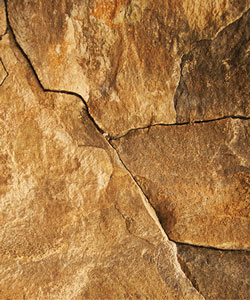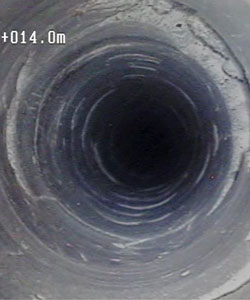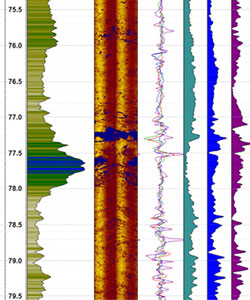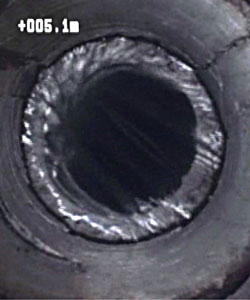
 Fractured Rock Hydro-physics
Fractured Rock Hydro-physics
WGI has extensive experience in the application of surface and borehole geophysical techniques for fracture detection. Staff have unique experience (in collaboration with the G360 group at the University of Guelph) developing innovative high sensitivity temperature logging in lined boreholes, Active Line Source (ALS) testing and the application of the Temperature Vector Probe (TVP) to characterize ambient groundwater flow in fractured rock. Combined with standard rock borehole geophysical logging, core logs, standard (flow meter) and innovative (FLUTe profiling) the data is used to design multi-level installations for testing and monitoring.
Pertinent References:
2011, Multi-disciplinary Assessment of the Geology and Hydrogeology of Barbados. ref
2011, Identifying and Assessing Ambient Groundwater Flow Through Fractured Rock: Revitalizing the Role of Temperature Logging with New Approaches and Technologies. ref
2010, Improved Resolution of Ambient Flow through Fractured Rock with Temperature Logs. ref
2007, The Active Line Source temperature logging technique and its application in fractured rock hydrogeology. ref
2007, The Active Line Source (ALS) technique, a method to improve detection of hydraulically active fractures and estimate rock thermal conductivity. ref
2007, The Potential for Compromised Interpretations When Based on Open Borehole Geophysical Data in Fractured Rock. ref
2002, Monitoring the Temperature in a Sleeved Borehole: Implications for Fracture Detection. ref




